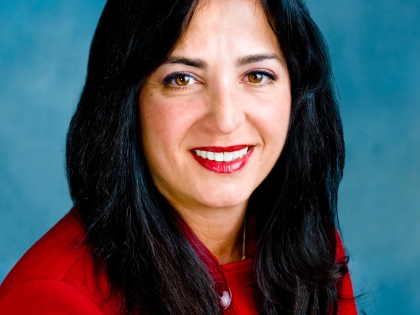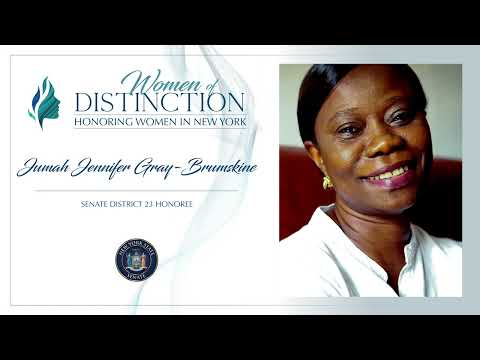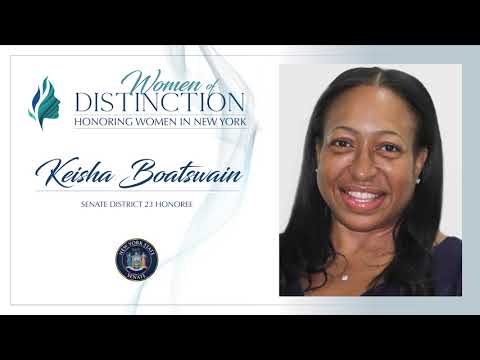
Senator Savino Announces Passage of ‘Dignity For All Students Act’
Diane J. Savino
June 23, 2010
-
ISSUE:
- Families
- Education
- Children
- Human Rights
- Youth
Landmark bill will provide all students with a safe learning environment
(Albany, NY) Committed to ensuring that all students have a safe environment in which to learn, free from harassment and discrimination, the Senate Democratic Majority passed the ‘Dignity for All Students Act’ (S1987B/ Duane). This legislation aims to provide all students with a safe school environment conducive to learning by putting an end to harassment and discrimination based on but not limited to race, color, weight, national origin, ethnic group, religion, disability, sexual orientation, gender, or sex.
Senator Diane J. Savino (D-Staten Island), who co-sponsored the bill said, “We know that bullying can have devastating consequences on youth, sometimes leading to depression, higher drop-out rates, substance abuse and even suicide. If discrimination or harassment is unacceptable in the adult workplace, it should not be tolerated at all in learning environments, when our youth are at such a critical stage in their development. It is our responsibility to ensure that we foster a positive learning environment, where children can realize their full potential. I commend Senator Duane for his leadership on this issue.”
“No child should be terrified to go to school simply because of who they are. There is no place for bullying and discrimination in New York’s classrooms,” said Senator Thomas Duane (D-Manhattan), sponsor of the bill. “Punishing students after the fact does little to address the root cause of the problem. Dignity is unique in that it seeks to prevent bullying, harassment and discrimination through education and awareness before it occurs.”
In order to address these issues and establish a safer, more constructive school environment, this bill:
• Prohibits harassment or discrimination against students by employees or students while on school property or on school grounds.
• Defines “harassment” as the creation of a hostile environment by conduct, verbal threats, intimidation or abuse that has or would unreasonably interfere with educational performance, opportunities, benefits, or physical or emotional well being, or cause fear for physical safety.
• Prohibits discrimination based on an individual’s actual or perceived race, color, weight, national origin, ethnic group, religion, religious practice, disability, sexual orientation, gender or sex.
The continuing need for this legislation is apparent from recent data demonstrating the prevalence of bias-based harassment in New York schools. A survey commissioned by the Gay, Lesbian and Straight Education Network (GLSEN) found that more than one-third (39%) of New York students reported that bullying, name calling, and harassment is a serious problem in school. Students were asked about the frequency of witnessing other students bullied, called names, or harassed in school.
From Teasing to Torment: A Report on School Climate in New York (GLSEN 2005), revealed the most commonly reported harassment was based on physical appearance. Sixty-six percent (66%) of students reported that people at school were harassed at least sometimes because of their looks or body size, with 38% reporting that this happened often or very often. This bill therefore now includes weight as one of the examples contained in the non-exclusive list at the end of the harassment definition.
Bullying and harassment based on how people expressed their gender, or because of their actual or perceived sexual orientation was also very common. Fifty seven percent (57%) of respondents reported that students were bullied or harassed at least sometimes because of the way they expressed their gender, and about a quarter (23%) said these behaviors occurred often or very often. More than five out of ten (52%) reported that students were harassed because they were or were perceived to be lesbian, gay, or bisexual, even as only 5% identified as being so. About a quarter (24%) said these behaviors occurred often or very often.
Similar measures have already been passed in 11 other states: California, Connecticut, Iowa, Maine, Maryland, Massachusetts, Minnesota, New Jersey, Vermont, Washington and Wisconsin, and in dozens of New York localities including Albany, Buffalo, East Hampton, Heuvelton, New York City, Rochester, Saratoga Springs and Yonkers.
“Children need to feel safe in order to learn. This bill sends the important message that learning how to treat other human beings with tolerance, courtesy and respect is just as important as learning to how to read or multiply,” said Senator Savino.
Share this Article or Press Release
Newsroom
Go to NewsroomSenator Savino 2022 Woman of Distinction
August 26, 2022

Senator Savino 2022 Veteran Hall of Fame
May 30, 2022

Senator Savino 2021 Woman of Distinction
August 27, 2021
